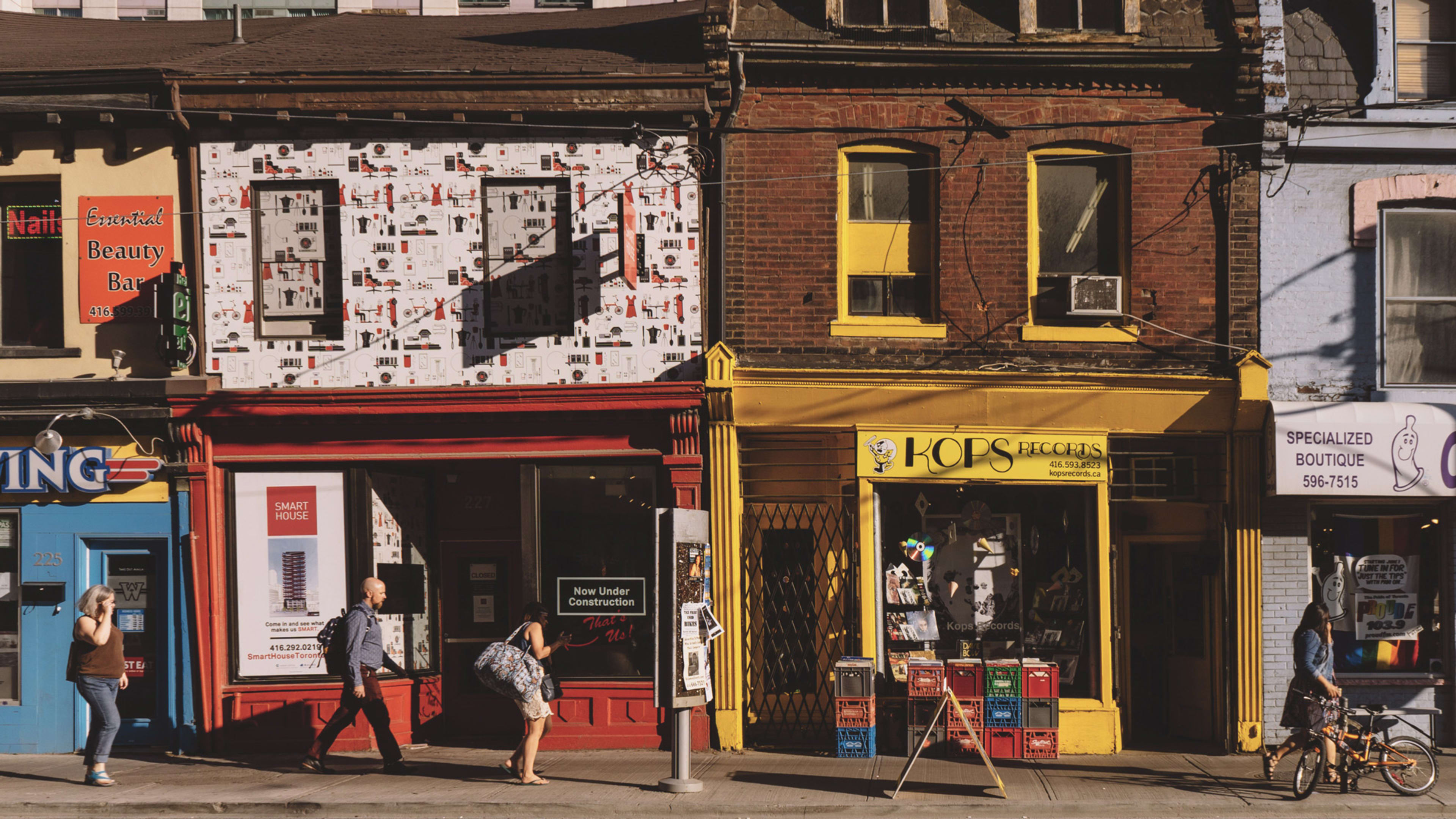As Airbnb continues to face scrutiny over its impact on traveler meccas like Paris and San Francisco, the home-sharing company is opening a new global Office of Healthy Tourism. The move is an effort to help reduce some of the pressure that heavy tourism can place on popular destinations, with Airbnb hoping to draw travelers to less-trafficked places that will be more appreciative of tourist dollars.
The new office will focus on projects that explore how technology can be used to create new travel destinations. Airbnb says it’s also appointing an advisory board, which will consist of former global tourism officials hailing from the United Nations, Australia, and Africa.
It’s an interesting announcement in light of the company’s escalating battle with one of its biggest markets: Last week, Paris sued Airbnb for allegedly failing to remove listings that don’t comply with legal requirements. The suit follows a series of restrictions Paris passed in 2017 that instituted a tax on home-sharing income and limited the number of days that a person could rent their apartment on such platforms.
The Problem With Popular Destinations
Like many tourist-heavy destinations, Paris’s problem is twofold. On the one hand, it suffers from a lack of housing stock. On the other hand, it has an influx of travelers, fueled by more expendable income, cheap flights, and, yes, more price-accessible accommodations like Airbnb. As travel becomes more available to more people–more democratized, you might say–cities themselves are losing pieces of their identity. In January 2017, a report noted that four areas of Paris, those cloistered around major tourist attractions like the Louvre, were seeing a decline in residents. Some French officials have attributed the loss to home sharing.
“They are eroding the very quality of the destinations of the cities they want to promote,” says Tom Slee, who authored the book What’s Yours Is Mine, The Dark Side of the Sharing Economy.
Other destinations are experiencing this same problem, which is why cities like Berlin, Barcelona, and San Francisco have sought limits on Airbnb hosts. In Venice, Italy, nearly 9% of housing stock in historic centers is listed on Airbnb as whole-home rentals, according to a 2017 study reviewing the effects of Airbnb on Italian cities.
Of course, Venice’s tourist problem predates Airbnb. Hotels and cruise ships support the bulk of the roughly 30 million tourists who descend on the city each year, all pushing one another out of the way to catch a glimpse of Ponte di Rialto or Piazza San Marco.
But some believe Airbnb compounds the problem, drawing in more tourists with its promise of affordable, centrally located digs. Increasingly few people are living in Venice, with the population dwindling to 56,311 in 2014. The exodus of residents is largely attributed to tourism, and it has caused protests among locals.
Becoming Part Of The Solution?
Brian Chesky, Airbnb’s CEO, says he doesn’t want to add to the problem of mass tourism. Last October, the company announced an initiative aimed at promoting 40 villages in Italy in conjunction with the National Association of Italian Municipalities and the Italian Ministry of Culture and Tourism. Similarly, the new Office of Healthy Tourism will engage in more projects of this kind. Chesky thinks directing tourist activity requires an understanding of what people want out of travel.
“If I could summarize the major problem with travel, it’s millions of people are going to see a few things, rather than millions of people going to see millions of things,” he told Fast Company last fall.
That is to say, he believes most travelers are all following the same top 10 guide of destinations and landmarks. When they come to New York, they’re not checking out the Bronx Brewery in Port Morris or an art gallery in Brooklyn. They’re going to see the Statue of Liberty, One World Trade, and the 9/11 Memorial. The company’s new Office of Healthy Tourism will help build out more initiatives to influence traveler decisions. It could also impact Airbnb products.
Chesky told me then that part of his intention in growing his platform to include more content and services, like Experiences, is to direct people to less considered locales, thus alleviating some pressure on more trafficked districts and destinations. Detroit, Nashville, and Pittsburgh would welcome the tourism dollars, he says.
“My hope is that, over time, eventually we can say, ‘I know you want to go to Rome, but Dubrovnik is actually awesome. It’s not far away, you can be right on the water, it’s super cool, and it’s a lot cheaper,'” Chesky said. But to do that, the company needs to give travelers a reason to be there. “They want to know what to do when they get there, and they want to know why they should go in the first place, and so you have to be able to answer all those questions,” Chesky said.
Recognize your brand’s excellence by applying to this year’s Brands That Matter Awards before the early-rate deadline, May 3.
